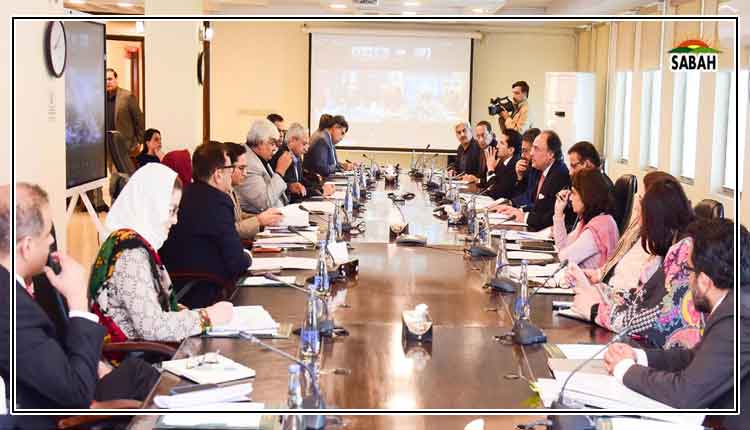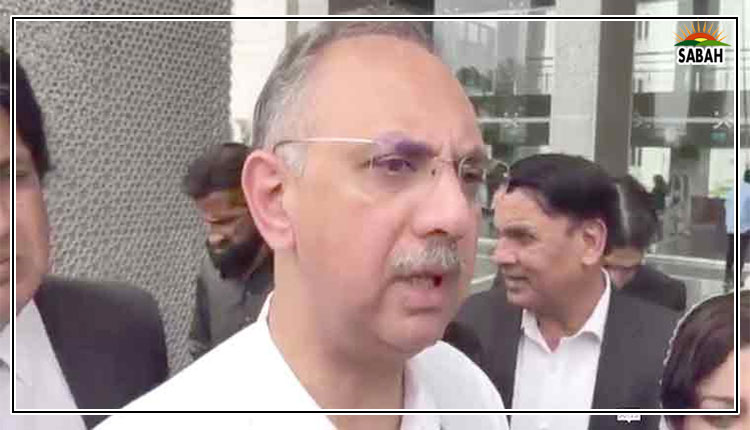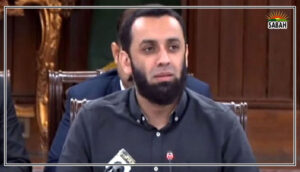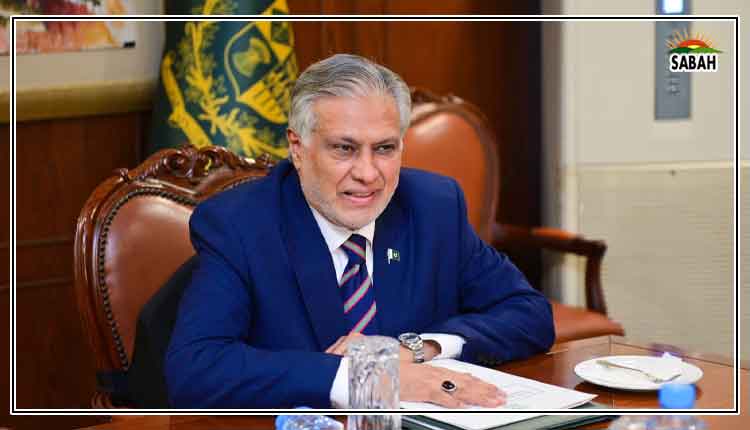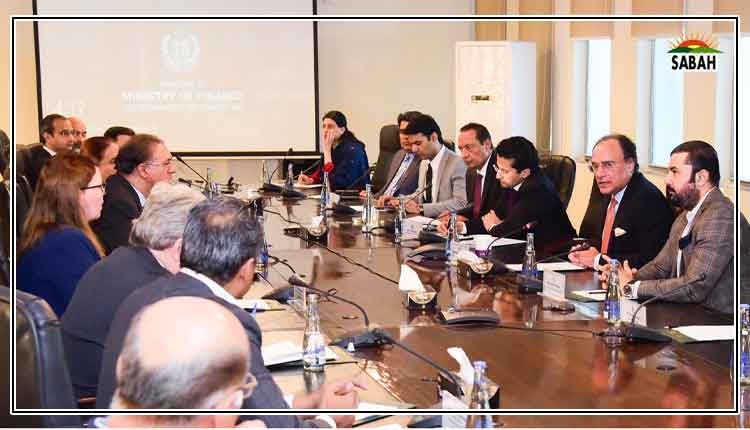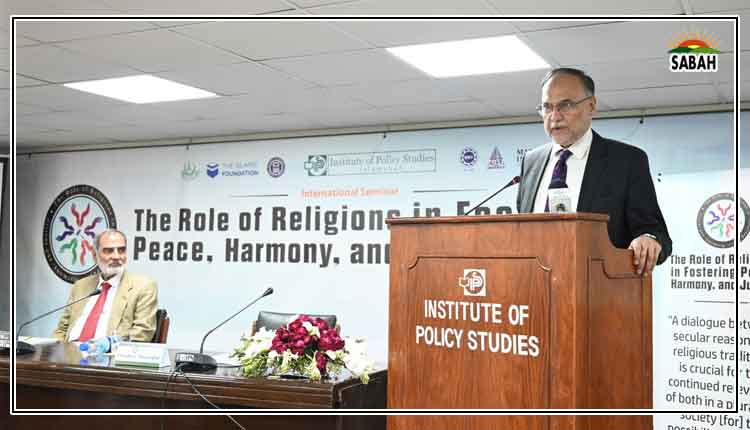Bangladesh’s widening communal fault line…Dr Moonis Ahmar
Supporters of the Bangladesh chapter of International Society for Krishna Consciousness (ISKCON) – allegedly patronised by India’s RAW and its National Security Advisor Ajit Doval – staged protests in Dhaka and Chittagong last week against the arrest of their leader Chinmoy Krishna Das Brahmachari. The protests – also featuring an attack on a mosque in Chittagong – led to the killing of an assistant public prosecutor named Saiful Alif.
Frustrated over the overthrow of Prime Minister Sheikh Hasina on August 5, 2024 and the failure of Awami League to destabilise the incumbent regime of caretaker Chief Adviser Dr Mohammad Yunus, the Modi government began using ‘Hindu card’, instigating the Hindu community in Bangladesh on communal grounds through allegations that Brahmachari was wrongly implicated in a sedition case. The reality, however, is that the ISKCON leader had appealed to the Indian government to intervene to save Hindus of Bangladesh from “persecution” after the fall of Hasina’s government.
Communal schism is being instigated from across the border, with diehard Hindu nationalists in Bangladesh willing to see the Yunus regime destabilised and the Awami League reinstated at the helm. A religiously tolerant country, Bangladesh has never patronised communal sentiments. Instead, the successive Bangladeshi regimes have been quite receptive about the minorities, Hindus in particular. But now, not only the Modi regime and its NSA overtly support the Hindus in Bangladesh, but the Indian media is also expressing its soft corner for Brahmachari.
For instance, Yudhajit Shankar Das, writing in India Today magazine, stated, “Chinmoy Krishna Das Brahmachari rose from obscurity to become the undisputed leader of Hindus in Bangladesh. After getting lakhs to attend his rallies, the monk struck fear in the heart of the caretaker government, which has arrested him in a contentious sedition case. The show of strength by Hindus didn’t go down well with a section of Bangladesh’s populace, and a case of sedition was filed against Das and 17 other Hindu leaders. The case was related to dishonoring the national flag.” Yudhajit further asserted, “Though Chinmoy Krishna Das has been denied bail and sent to jail, it will be difficult to contain the unity that he has forged and the path the monk has shown to the youth.”
Which country will tolerate dishonouring of its national flag and requests made to a foreign country to save its minority population from the “peril” of the majority population? When Brahmachari was arrested on the charges of sedition, the so-called civil society and other groups raised a hue and cry, blaming the Yunus regime for “failing” to protect the Hindu minority. Brahmachari, a Hindu monk, is raising his voice against what he calls rising discrimination and violence against Hindus after the fall of Hasina’s government. Furthermore, The Indian Express of November 26, 2024 quoted the Indian Ministry of External Affairs as saying, “We have noted with deep concern the arrest and denial of bail to Shri Chinmoy Krishna Das, who is also the spokesperson of the Bangladesh Sammilit Sanatan Jagran Jote. This incident follows the multiple attacks on Hindus and other minorities by extremist elements in Bangladesh It is unfortunate that while the perpetrators of these incidents remain at large, charges should be pressed against a religious leader presenting legitimate demands through peaceful gatherings.”
Why is New Delhi condemning the arrest of the ISKCON monk and alleged attacks on Hindus? Are the Hindus of Bangladesh Indian nationals? Prior to the November 26 statement by the Indian Ministry of External Affairs, ISKCON, in a post on X, stated: “We have come across disturbing reports that Sri Chinmoy Krishna Das, one of the prominent leaders of ISKCON Bangladesh, has been detained by the Dhaka police. It is outrageous to make baseless allegations that ISKCON has anything to do with terrorism anywhere in the world. ISKCON, Inc. urges the Government of India to take immediate steps and speak to the Government of Bangladesh and convey that we are a peace-loving Bhakti movement. We want the Government of Bangladesh to release Chinmoy Krishna Das immediately.”
After the Chittagong incident, Caretaker Chief Adviser Yunus urged people “to keep calm”, pledging that his government “is committed to ensuring and upholding communal harmony in Bangladesh at all cost”.
The widening communal fault line in Bangladesh needs to be examined from two sides.
First, even during Pakistan days, the Hindu minority was seen as harbouring loyalties to India. The post-August 5 situation has substantiated the belief that a segment of the Bangladeshi Hindu population, under Brahmachari, is trying to instigate the religio-communal sentiments so as to trigger hatred against the Muslim majority population and the Yunus regime. The manner in which New Delhi is reacting to the perceived discontent harboured by a segment of the Hindu population in Bangladesh is an eye opener. The question of disloyalty and indifference on the part of the Hindu minority of Bangladesh was there as late as 22 years when this writer was a visiting fellow at Dhaka University’s International Relations Department in the year 2002. A young lecturer at the University, a Bangladeshi Hindu, lamented that despite living in Bangladesh since his birth, he felt isolated from the mainstream Muslim population; and that despite sharing common language and culture with Bengali Muslims, he felt a sense of detachment from the majority because of his Hindu faith. Living in an environment sans any ownership and feeling discriminated by the Muslim majority may have triggered a wave of animosity among them.
Second, Bengali Hindus of Bangladesh made a mistake of supporting Awami League only. As a result, they were equated with the League which also used them in its interest. Bengali Hindus should have called themselves Bangladeshi Hindus so as to identify with Bangladesh rather than across the border. Both Awami League and Modi regime are responsible for creating doubts about the loyalty of Bangladeshi Hindus. Communal persecution against Indian Muslims by the BJP government is well known which cannot be equated with the so-called persecution of Hindu population in Bangladesh.
It is in the national interest of Bangladesh to bridge this communal fault line by exercising tolerance towards the minority Hindu population so that it could detach itself from India and express loyalty to Bangladesh.
COURTESY ![]()



